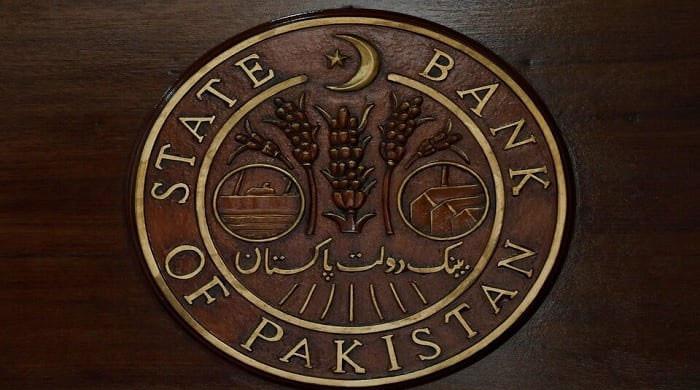Pakistan's State Bank Announces Rate Cut, Cautions Against Drastic Reduction

Pakistan's central bank, the State Bank of Pakistan (SBP), has taken a decisive step in stimulating the country's economy, reducing its key policy rate to 13% in response to declining inflation. However, experts warn that any drastic reduction could have unintended consequences, including destabilizing the banking system and reigniting inflation.
The decision marks the fifth consecutive rate cut since June, with the total reductions totaling 900 basis points. This move is expected to boost economic growth, as shares have been rising at the Pakistan Stock Exchange (PSX) on anticipation of a rate cut, with the benchmark KSE-100 index increasing by 2107.13 points to 116,408.93. Despite the bank's caution, financial experts are calling for a deeper cut, with some recommending a reduction of 400-500 basis points.
The SBP has maintained that the real policy rate remains appropriately positive, standing at 10%, to stabilize inflation within the target range of 5 to 7%. However, the ongoing economic challenges, including inflation, have raised concerns about the potential impact of a drastic reduction. As the government struggles to meet revenue shortfalls, the inflation outlook remains susceptible to risks, including increased global commodity prices.
The reduction in the policy rate is seen as a positive move for the economy, but experts caution that it should be done carefully. Analysts warn that reducing the policy rate to single digits in one go could lead to unintended consequences, including destabilizing the banking system and reigniting inflation. While the country's low inflation rate of 4.9% in November provides substantial room for a rate cut, the SBP is expected to exercise caution and announce a moderate reduction.
Ultimately, the decision by the SBP will be crucial in determining the course of Pakistan's economy, and it is essential for all stakeholders to carefully monitor the situation and adapt to any changes that may arise from this policy decision.